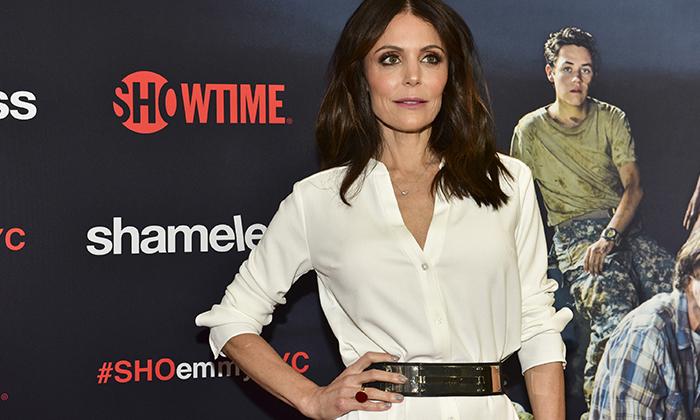Power attorneys Bryan Freedman and Mark Geragos are now representing reality star Bethenny Frankel in her fight against networks and studios over their treatment of reality television actors, according to Variety.
Mr. Freedman has had much success in this area: he made headlines when former Fox News host Megyn Kelly left NBC with her entire $69 million contract halfway through the three-year period after her show was cancelled by the network, and is currently working with Tucker Carlson, who was fired by Fox News, and Don Lemon, who was fired from CNN. He is also representing “Wheel of Fortune” hostess Vanna White, who is suing Sony over a salary dispute, among other high profile cases.





